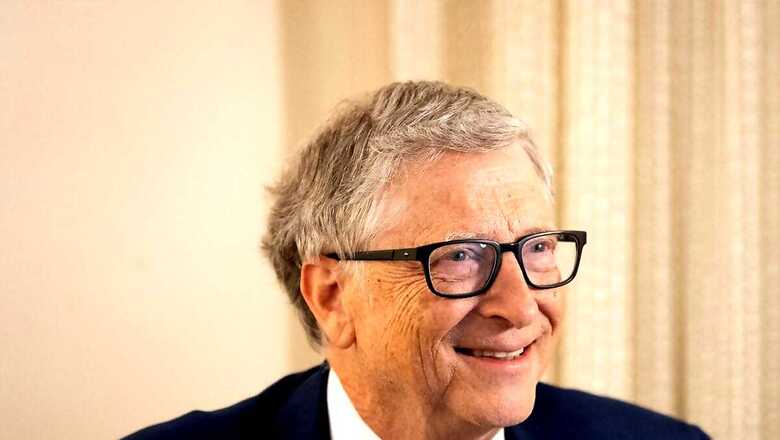
views
Bill Gates has consistently warned the public about potential global threats, including catastrophic cyberattacks and natural disasters caused by climate change. While the billionaire strongly advocates for advancements in technology, such as artificial intelligence, and the fight against deadly diseases like polio, he remains concerned about the risks posed by prolonged wars or the emergence of a new pandemic. The Microsoft co-founder has expressed frustration over the global response to the pandemic, pointing out that crucial lessons have been ignored.
In a conversation with CNBC Make It, Gates stated, “A lot of unrest in today’s world could spark a major war. And even if we avoid a big war … then, yes, there will be another pandemic, most likely in the next 25 years.”
For Gates and other global health advocates, the pressing issue is not whether another pandemic will happen, but whether countries will be better prepared than they were during COVID-19, according to reports. Gates highlighted the US as the nation the world expected to lead by example, yet it fell short of those expectations.
Despite increased funding for pandemic preparedness both in the US and internationally, Gates believes the global response remains inadequate. “Although some of the lessons from [the coronavirus] pandemic have been learned, [it’s been] way less than I would expect, sadly,” he said.
Efforts to prepare for the next pandemic are being hindered by the same political divisions that many believe weakened the global response to COVID-19. While Gates expressed hope that things may improve within the next five years, he noted that, for now, we still have not fully come to terms with what worked and what didn’t during the last pandemic. “So far, it’s quite surprising,” Gates said.
In his book How to Prevent the Next Pandemic, which was published in 2022, Gates criticised several nations, notably the United States, for their lack of readiness in 2020.
He made a number of proposals for nations all around the world in the book, such as enforcing stricter quarantine laws, funding disease surveillance, and accelerating the development of vaccines.


















Comments
0 comment